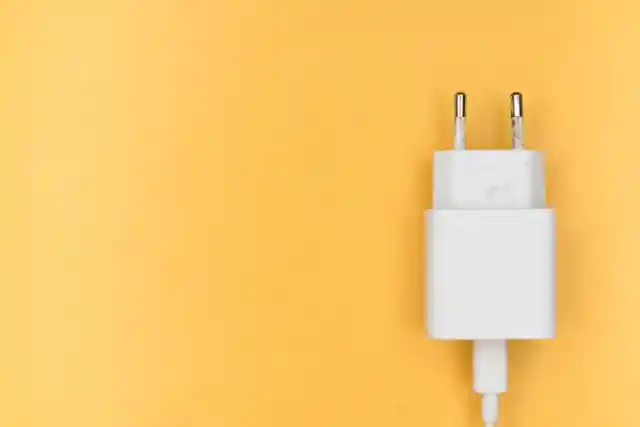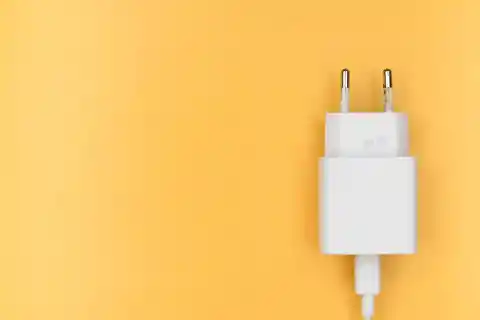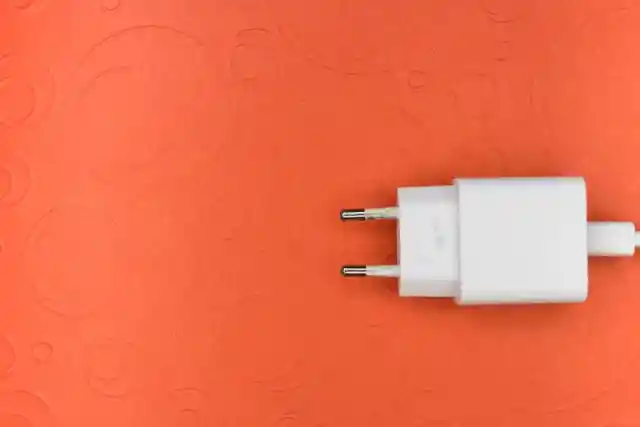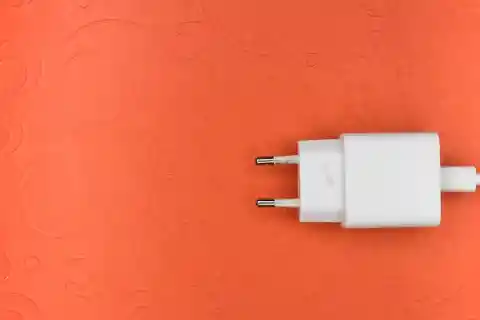Wasting energy, it really can't be done anymore. And yet unused chargers are sticking into wall outlets everywhere. Is that a mortal sin, as some claim, or doesn't it matter?


In the home, of course, many more plugs plug into outlets. With appliances like lamps, that's not a problem: Only when you turn them on with the light switch do you form a circuit. If they are off, then they use no electricity. With chargers it is different. A charger in the socket that is not connected to a smartphone or tablet does use energy.
Not vacuuming once saves more electricity
The question is, does an unused charger really use serious amounts of electricity? You can measure this with an electricity meter. You need an accurate one, otherwise, you'll only see zero on the meter: energy consumption turns out to be very limited. In an unused charger, only a standby current flows, which checks whether you connect a phone or tablet. With the electricity an unused charger consumes in an hour, you can vacuum for only one second, for example. So skipping vacuuming once will save you more than unplugging your charger.


Unplugged chargers are good for your wallet
On the other hand, if a charger hangs unused for a year, you've wasted about a kilowatt hour and a half of energy. You could have run three washes from that. With today's high energy prices, this will cost you about a euro a year. If several chargers are plugged in, it is easy to make a profit. But a single unused charger does not affect the climate goals. After all, in a year it accounts for less than one-thousandth of your total power consumption.
Devices on standby consume more
You don't have to worry much about the phone charger. But other devices in your home do use electricity noticeably. Internet modems and routers, for example. And even individual TV receivers can still draw quite a bit of power in sleep mode. Such devices guzzle dozens of euros a year when not in use. So unplugging them certainly helps. At least when you are away for a longer period.